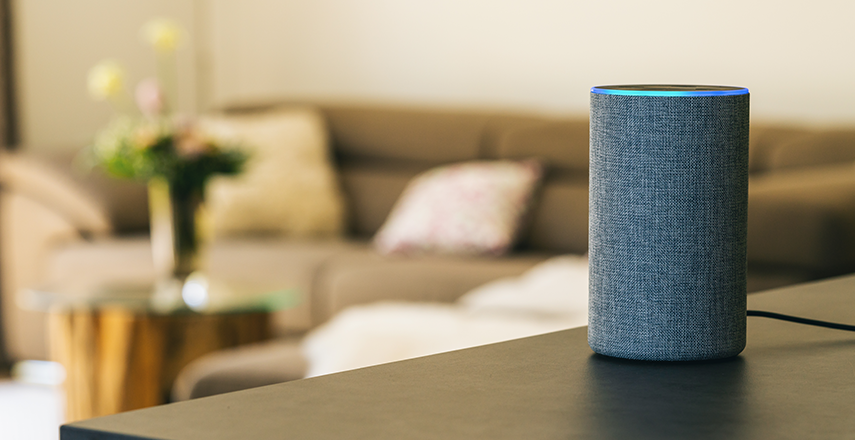Voice assistants could be fined $40,000 for each covert recording

Smart home voice assistants are now in the spotlight for “listening in”, prompting new legislature in the US to offer consumers recourse for privacy violations
The number of connected devices in our homes is growing, but various reports are beginning to surface detailing serious breaches of privacy.
Some smart home voice assistants were found to have captured audio of private conversations, transcribed chats, and listened in on drug deals and sex.
Recently, an Amazon Echo recorded a private conversation between a couple and sent it to someone on their contact list without their permission or knowledge.
In a statement, Amazon said: “We investigated what happened and determined this was an extremely rare occurrence. We are taking steps to avoid this from happening in the future.”
Voice assistant use grows
This year, one-third of Americans will use a voice assistant monthly, and Amazon has recently announced that their proprietary voice assistant, Alexa, has now been shipped in 100 million devices.
Now, a bill has been introduced to the United States Congress to limit the use and recording of anything captured by any of these smart home devices.
The bill, filed by Rep. Seth Moulton, details conditions which are to be met by companies offering voice assistants or smart home devices like Google, Amazon or Apple.
The bill seeks to “limit the use, recording, or transmission of any speech or sound captured by a smart speaker, or any video or image captured by a video doorbell, and to prohibit, as an unfair or deceptive act or practice, such use, recording, or transmission without the express consent of the consumer.”
The Automatic Listening Exploitation Act would fine a company up to $40,000 for each instance a recording is made without the user’s permission or used under circumstances deemed unlawful by the bill. It also aims to give power to consumers to request the deletion of any such recording at any time.
However, the bill does allow each company to make and store recordings if they are to “improve the speech recognition and natural language understanding of the voice-user interface”, or to “help the voice-user interface to adapt to speech patterns, vocabulary, and personal preferences.” Given that Amazon or Google regularly tout these as reasons for their recordings, it is difficult to see how this bill will challenge their current operating practices.
In a press release, Rep. Moulton said: “Smart speakers and doorbells are great, but consumers should have a way to fight back when tech companies collect more data than Americans have agreed to give up.”
